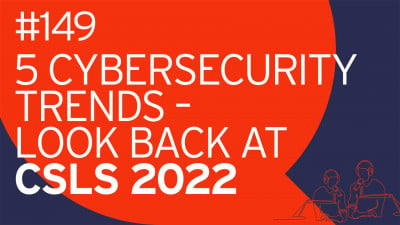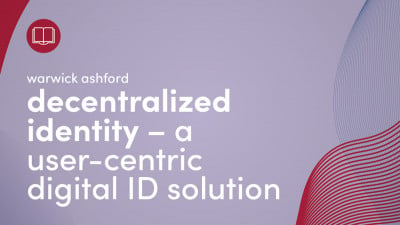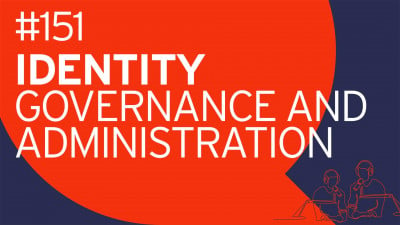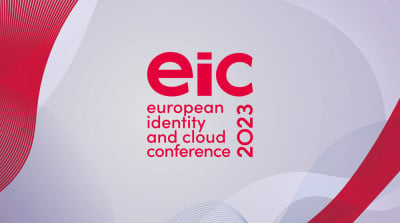1 Introduction / Executive Summary
In this Leadership Compass, we evaluate solutions that can serve as a foundation for customers who need to utilize verified identity in processes and store it for future use – be it within the issuing organization’s (identity provider, or IdP) own ecosystem in the form of authentication, or outside the issuing organization’s ecosystem with service providers completely independent of the issuer.
The key capability of this market segment is reusability, meaning that a verified digital identity can be used in multiple contexts. This ranges from using the verified identity multiple times at the same organization to using the verified identity issued by one organization with another, completely independent organization. Reusability builds off the concept of a verified identity, which is a digital identity that has been verified to describe a real-world identity in digital form. Identity verification is therefore a fundamental part of establishing reusability.
However, most identity verification solutions do not address the critical lack of trust when interacting between organizations that prevents, for example, one bank from accepting the KYC and vetting of a customer from another. Reusable identity challenges the previously held tenant that digital trust cannot be shared from one party to another by providing identities that are verified at a sufficient level of assurance which are portable and interoperable.
There are many vendors that provide reusable identity to some degree. While the vendors that participated in this report all have well-functioning solutions that yield some level of reusability, those that scored most highly are ones that also bring a wide breadth of applicability; some solutions are streamlined to function with pre-existing enterprise systems, some offer promising ways to discover and accept the reusable identities of other organizations, some provide a variety of reusable identities such as through eID, bankID, and identity verification, and others are strong providers of digital citizen identities that bring expertise and scalability to the market.
Other vendors that are included in this Leadership Compass may have fully-formed reusable identities, but be limited in geography, be limited to reusability within a single organization or small ecosystem rather than provide widespread reusability across many organizations, or be in an early growth phase with promising potential. These solutions may place lower on the leadership charts seen in chapters 2 and 3, but will still show strong capabilities ratings in each solution’s descriptions in chapter 5.
This Leadership Compass gives an overview of the market, required capabilities of a well-rounded solution, and detailed information on the participating vendors.
1.1 Key Findings
- This report covers reusable verified identity solutions, or vendors that enable a verified identity to be reused.
- Reuse often takes the form of authentication or identity portability to onboard with organizations separate from the issuer/IdP.
- Storage location is a differentiator between vendors in this market, typically split between federation and API hubs, cloud storage, and user-held wallet storage.
- Storage model is a differentiator between vendors, typically split between decentralized and centralized models, with some options for hybrid models.
- Organizations must weigh the pros and cons of the different storage locations and models, and make a decision based on their unique use case and needs.
- Overall Leaders in alphabetical order are: 1Kosmos, IDEMIA, Microsoft, Ping Identity, Signicat, and Thales
- Product Leaders in alphabetical order are: 1Kosmos, IDEMIA, Microsoft, Ping Identity, Signicat, Thales
- Innovation Leaders in alphabetical order are: 1Kosmos, Airside Mobile, IDEMIA, Microsoft, Ping Identity, Signicat, Thales, Yes.com






































